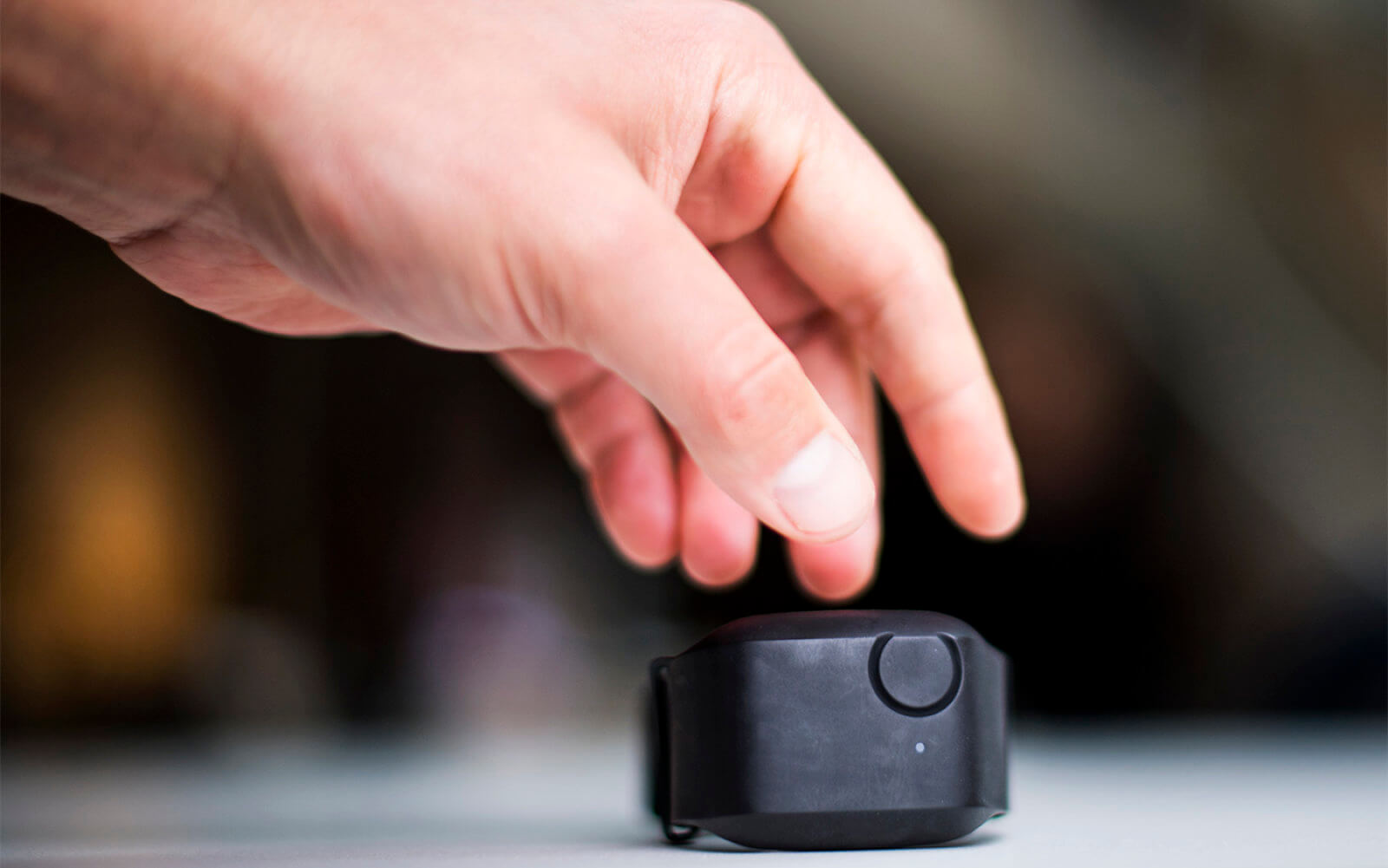Behavioral scientists Matthew Goodwin, from the Northeastern University has created a wearable device that can predict aggressive outbursts in people with autism by monitoring their heart rate, skin surface temperature and arm movements.
This is an important discovery as people with autism are more prone to such outbursts because their stress levels tend to be higher than those of people who don’t have the condition – it takes very little for them to react to small stress factors and more often than not, it is also difficult for them to communicate to their caretakers what exactly is causing them the stress, especially in the case of children.
“Families with children who act aggressively tell us that they don’t know what causes these outbursts, and they’re fearful it could happen anytime, so they self-impose house arrest,” Goodwin said. “They don’t go to the movies. They don’t go to the grocery store with their kids. They don’t go to parks.”
These outbursts can be predicted 60 seconds ahead of time, with an 84% accuracy rate and, while that might not sound like a lot of time, the caretakers that look after people with autism can take advantage of this ‘heads-up’ to try and prevent the outburst from happening by keeping them calm.
“If we could give caregivers advance notice, it would prevent them from getting caught off guard and potentially allow them to relax the individual and make sure everyone in the environment is safe,” Goodwin said.
He tested the device on 20 children with autism who have aggressive episodes, over the course of 87 hours, and recorded all the physiological changes they went through.
These changes were then matched with the aggressive outbursts and the changes their bodies went through before, during and after the episodes. Thanks to this test, Goodwin managed to fine-tune the wearable to predict the behavior 60 seconds in advance.
“But those aren’t magic numbers. Those are just limitations of our data set,” Goodwin explained. “As our data set grows and we use more sophisticated machine learning models, I think we might get more than 60 seconds.”
The next step will come with a new set of tests that will expand to 240 individuals with autism who also exhibit aggressive outbursts. According to Goodwin, even those mere 60 seconds are still a lot more than the caretakers or parents have ever been given: “Some parents say that even if we can only give them 60 percent accuracy, that’s better than chance, which is what they’ve got now. They say that would be priceless.”
Follow TechTheLead on Google News to get the news first.























